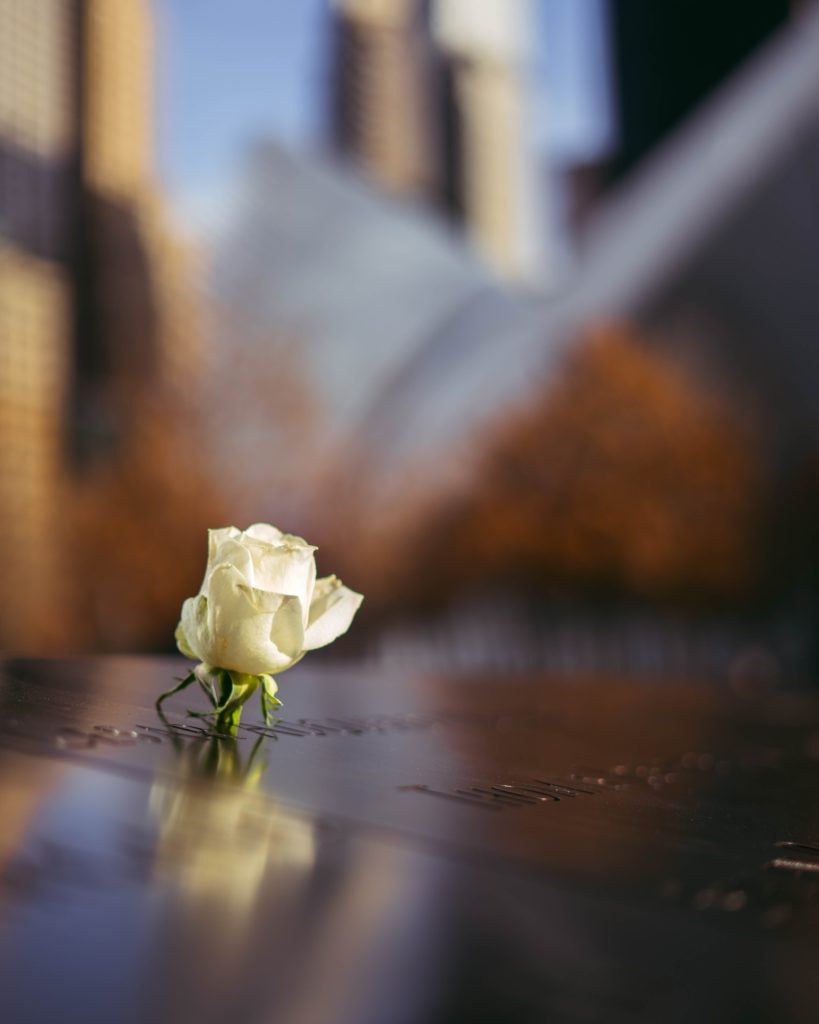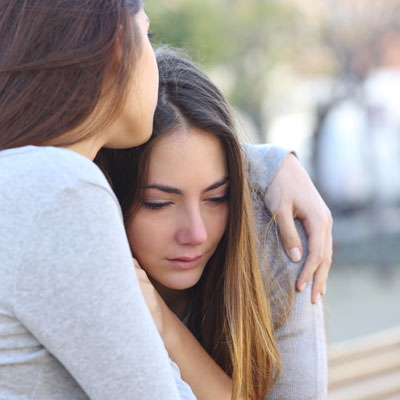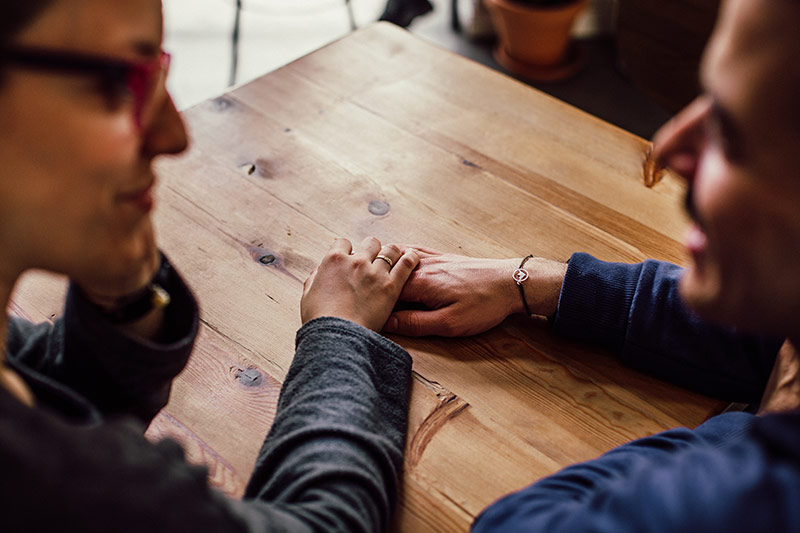The last Monday in May marks Memorial Day, established and observed to honor military personnel who died serving in the armed forces. In addition to the businesses that close, pools that open, and bar-b-ques to mark the beginning of summer, you may or may not know you can visit one of the largest national cemeteries, Jefferson Barracks, right here in Missouri. Established in 1866, it is a burial site for soldiers from every war and the closest option for those who may not be able to make it to a site like Arlington National Cemetery in Washington, D.C.
This observance of Memorial Day had me thinking about the focused, specific, and cultural ways people honor losses in their lives. Mourning services of some type are common for most people, but the form they take can vary widely. Some cultures are far more comfortable with verbal, emotional outward expressions of grief while others mark loss with quiet reverence. Two of my favorites in this country are a New Orleans “jazz funeral” or “funeral with music” and my own father’s funeral which our pastor deemed “a homegoing celebration.”
It may seem strange to say the word “favorite” in the previous sentence because funerals can be such sad, heart wrenching affairs. However, the process by which we honor losses in our lives is an important part of our mental, emotional, and psychological health. Not just a ceremony, they serve as “transition touchpoints”, helping people to move from living with that person to a life without. While continued sadness, grief, and possibly never feeling “over” a loss are normal in some circumstances, our engagement in a mourning experience of some kind can be helpful.

I offer all this to say that mourning in the past few years has been strange. Due to Covid restrictions, many people did not get to “say goodbye” in the usual personal or corporate ways. In addition, I have worked with many people over the years who lost someone and didn’t get to attend the funeral, were too young to remember but the relationship feels “missing” as they get older or had some other family/personal dynamic that made the loss complicated.
For these situations, or any other where someone’s mourning process feels incomplete, it doesn’t have to stop at a conventional funeral. We can always own and creatively practice what we may need at any time in the future. Here are some suggestions for reclaiming or “re-celebrating” a mourning process:
Have the funeral later, or again. If you lost someone at the height of pandemic social restrictions, you may not have had a funeral. Or, if you were able to, you may not have gathered all the people you wanted, in the place you wanted, or engaged in certain traditions. Funerals can be costly and exhaustive both financially and emotionally. However, if you have the means and the desire there is absolutely no reason not to have that important ceremony at a later date if you need/want to.
Create a personal grieving ceremony(s). Depending on your resources or decision-making ability related to the person you lost, you may only be able to create a personal grieving experience. I have had many clients who felt “stalled” in their grieving over someone they lost when they were young, couldn’t attend the service, etc. Many of them have designed their own moments, as simple as reading a letter by a lake, visiting a graveside, etc. Remember, it is often not the physical magnitude of something that helps, it is the intentionality.

Grieve the way it happened. If so far you are saying, “Nope, I don’t want to re-do/re-visit any of that. I’m just struggling with the way it all happened.” Great. It’s important to figure out if we need the ceremony/traditions or if we need to just grieve how the ceremony did (or didn’t) happen. Lots of people experience disappointment around touchstone moments that don’t go as planned. In these times we are seeking to forgive and make peace with what didn’t happen, rather than create a corrective experience.
Talk to someone. Grief is not a one-time experience. And the impact of the pandemic ensures that almost all of us are encountering some kind of grief, even if we did not physically lose someone. Mental health therapists are trained to help people filter through thoughts, make meaning of their stories, identify pain points, and help you better help yourself. One of the most valuable things to come out of the pandemic is as long as you have access to the internet, you can have access to a counselor. Seek one in your local area or consider these virtual options:
Better Help or Faithful Counseling (faith-based)

Remember, just because you are “still” grieving doesn’t mean something is wrong. Grief is not something someone always “gets over.” It is a cyclical part of our connection with those we have lost (read more on that here). However, if you feel stuck regarding a specific loss, one of the options above may be helpful. May you feel supported and empowered in your grief journey.
May 31, 2022. By Anne Rulo, Author, Speaker, Therapist. www.annerulo.com. FB/IG/Twitter @annemrulo
